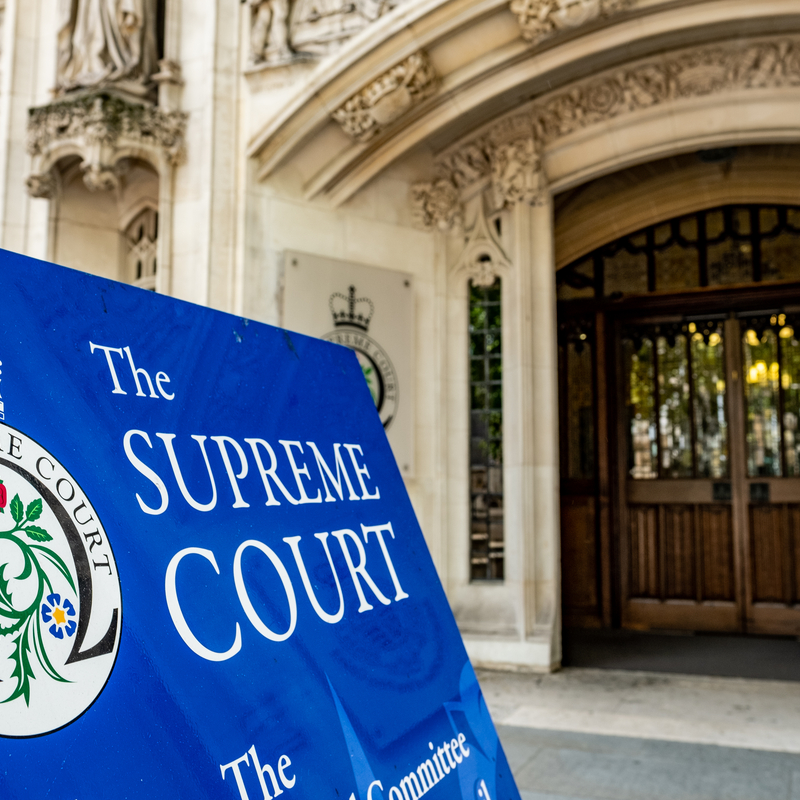19th March 2021
Uber assesses drivers as workers

As the date fast approaches when the off-payroll working rules will be extended to the private sector, we received a timely reminder this week of the importance of assessing the status of workers.
After a long running case involving four court defeats, Uber has this week agreed to reclassify its UK drivers as workers, following the Supreme Court ruling in February 2021 that Uber drivers are workers when they are logged into the ride hailing app.
From 17 March, 70,000 drivers will be paid the appropriate National Minimum Wage, receive holiday pay and be automatically enrolled into a pension scheme.
Uber had argued that its drivers were independent contractors, not workers as the court has determined. But, important as this case is, it is crucial to note that this judgement only affects individuals who brought the claim. It does not apply to the entire Uber workforce, nor does it apply to the wider gig economy. And the categorisation of the individuals as workers only affects their employment rights, it does not change their status for tax purposes.
This is because the test for determining status for employment rights is different to the employment status test for tax. So whilst these Uber drivers are now considered to be workers, entitled to minimum rates of pay, paid holiday and enrolment into a pension scheme, they are still considered to be self-employed for tax purposes.
And, ahead of the extension of off-payroll working next month, it is this misalignment that makes it so very important for you to assess very carefully the status of anyone providing their services through a limited company. Don’t make any assumptions, and consider using HMRC’s CEST tool to help you come to the correct status determination.
Listen to MBKB’s webinar from January 2021 for more information about off-payroll working.




